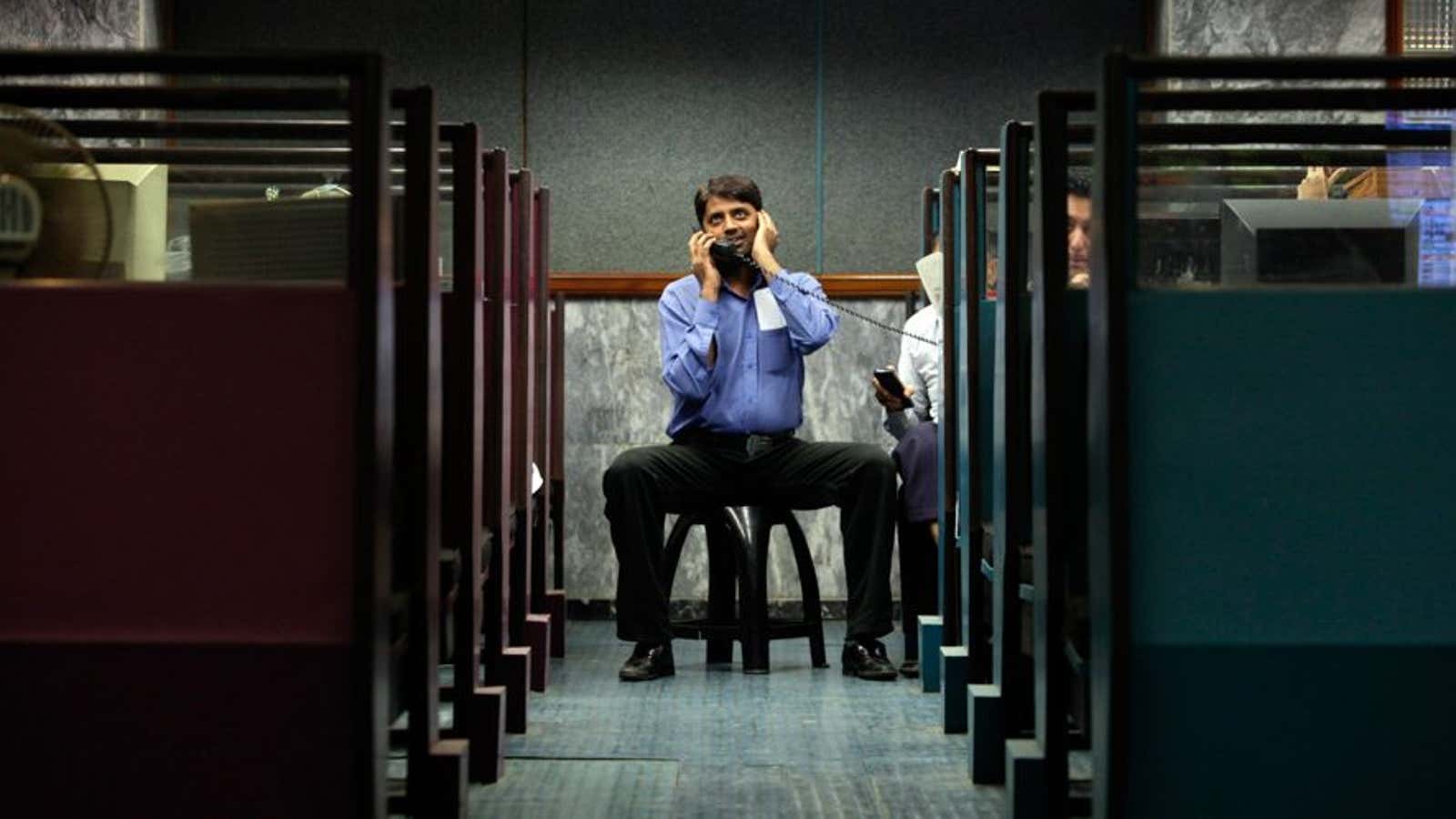Companies that once rushed to go public are now putting off the day as long as possible—but employees and investors aren’t waiting.
As the average period for a venture-backed company to IPO has risen from 5.9 years in 2010 to more than eight years today, pressure from shareholders to cash out is fueling the market for secondary shares.
Stock held by founders, employees, and investors before a company goes public is in demand. With 177 private companies valued north of $1 billion, according to CB Insights, plenty of pension, mutual, and sovereign wealth funds, as well as other institutional investors, want a pre-IPO slice of the action since returns elsewhere in the economy are sputtering.
In a sign this private market is maturing, Nasdaq announced on Oct. 13 it is partnering with the advisory firm Scenic Advisement to provide “end to end” private offerings for companies. Their agreement, which is not exclusive, allows the stock exchange to sell shares in private startups. Already, the stock exchange has a unit called Nasdaq Private Market, which provides the technology for a platform that lets employees cash out their vested stock. The platform lets companies manage who is buying and selling shares as well as accessing information about their financials. It also helps companies ensure employees and investors are complying with regulations.
Michael Sobel, cofounder of Scenic Advisement, says his firm serves a similar role as an investment bank in an IPO: finding buyers, managing auctions, setting a price, and disclosing sensitive information. The sales then funnel cash to the company and employees who sell their vested shares. “It’s now part of the ecosystem for private companies to offer liquidity to their employees before they IPO,” says Sobel in an interview. “We believe this is the the way institutional deals will be done in the future.”
Robert Greifeld, CEO of Nasdaq Private Market, says he wants the exchange to meet with companies that plan to IPO long before they ever offer a share to the public. “We want to be positioned wherever a company is in their lifecycle,” he told CNBC. The Nasdaq unit handled $544 million in secondary deal volume during the first half of 2016, up 136% over the same period last year. The average offering across 12 companies was $45 million, and most sellers were current and former employees.
The secondary market is evolving rapidly. Employees or companies can already sell shares in smaller deals through firms such as SharesPost and EquityZen which match buyers with sellers of private shares. But for larger deals, those more than $100 million, a more structured sales process led by the companies themselves is better, argues Sobel. It gives buyers transparency into company financials and allows startups to carefully choose investors with the best possible terms. Ultimately, he says, employees and startups benefit when early hires can sell some of their stock while they’re still working at their companies—even if an IPO is years away.




